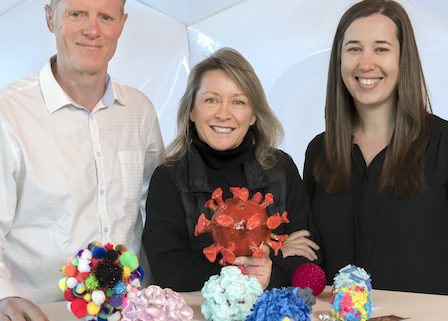Congratulations to Martin Davey
Congratulations to our very own Martin Davey, who has just received an Australian Research Council (ARC) Discovery Early Career Researcher Award (DECRA). The DECRA scheme supports research in areas of critical national importance by enabling outstanding Australian and international early career researchers to conduct their research in Australia.
Martin will receive more than $425,000 for his research project titled ‘Defining the basis of unconventional immune cell development’. With this funding, he aims to undertake discovery research to characterise the transcriptional programs that underpin the development of unconventional immune cells.
Unconventional T lymphocytes are a poorly understood component of the immune system but emerge very early in mammalian life. T cells are defined by their expression of a T cell receptor (TCR), however while the majority express diverse ab TCRs (‘conventional’), the remaining cells express either an alternative γδ TCR or a highly constrained ab TCR (‘unconventional’). The study of the developmental origins of human unconventional immune cells is an emerging and important area of basic research and discovery.
“The development of the immune system in early life is now thought to be critical to our response to immune challenges in adulthood, such as microbial infections. I aim to generate new knowledge in this area by using cutting-edge transcriptome analysis and cellular immunophenotyping at the single cell level to examine the seeding of unconventional immune cells,” Martin said.
“This project aims to advance our understanding of immune cell biology and the programs that control them, while significantly strengthening national excellence in unconventional immune cell research and providing innovative methodology,” he said.
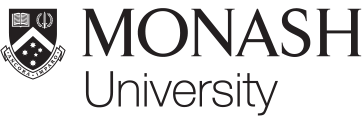
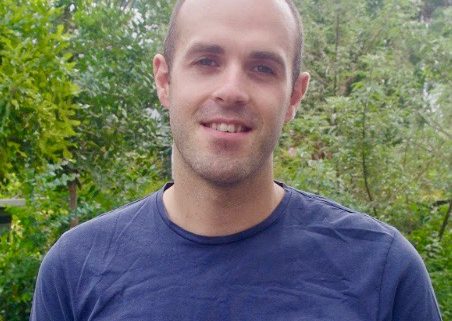
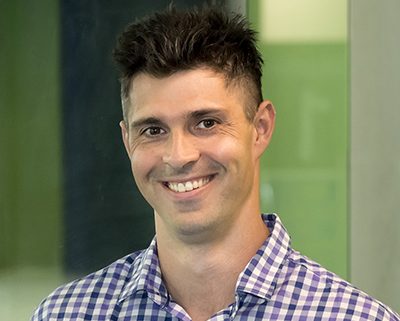
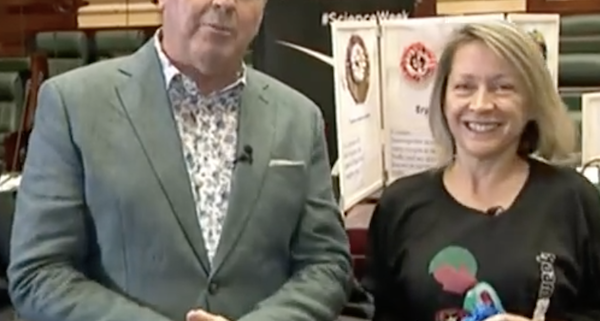
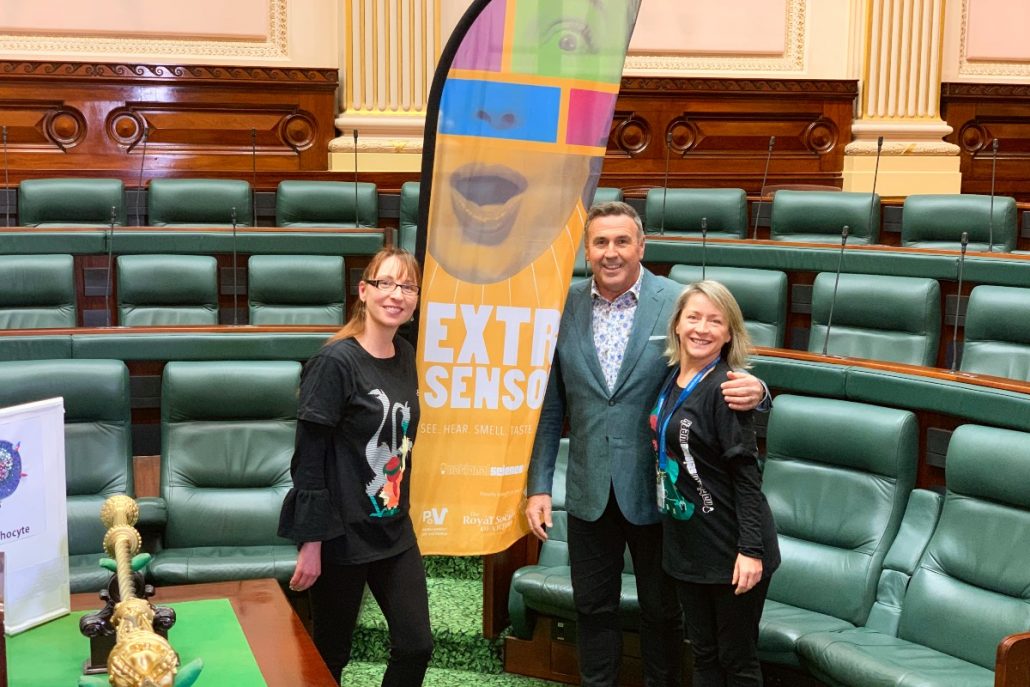
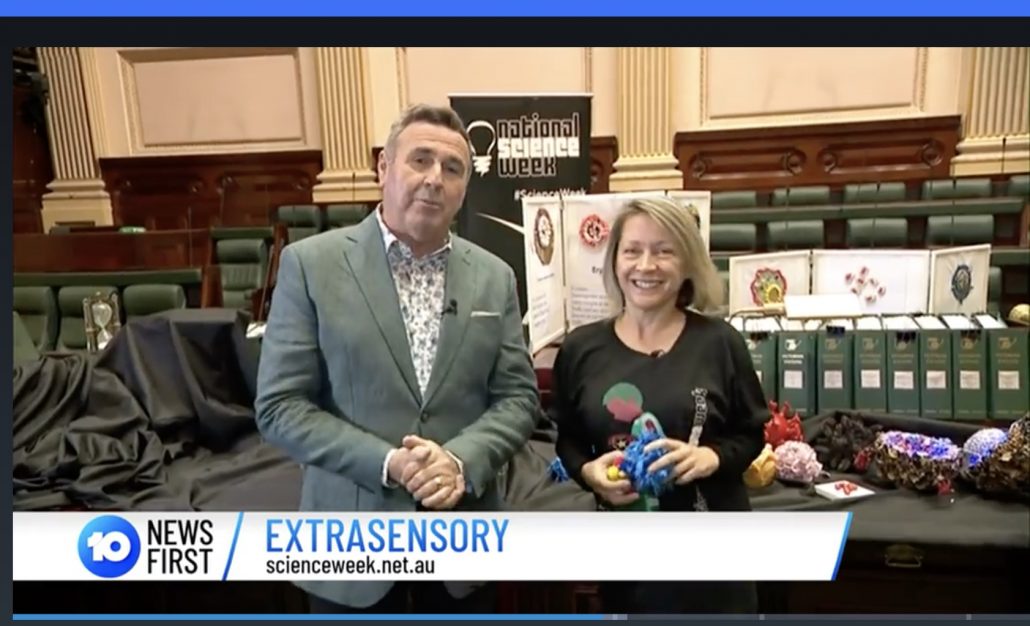
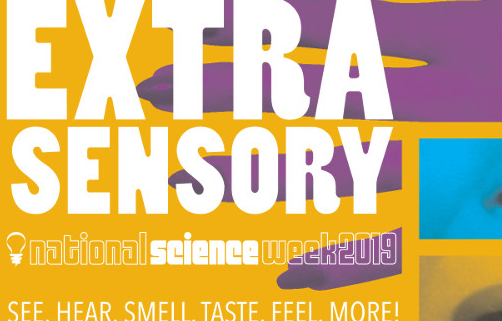
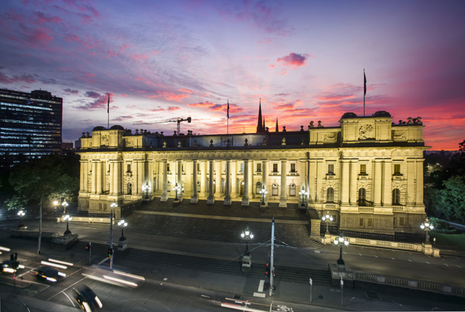 Challenge your senses to work together, and become aware of senses such as kinaesthesia. Learn about how our senses mingle in synesthetic experiences, and sometimes fool us with hallucinations.
Challenge your senses to work together, and become aware of senses such as kinaesthesia. Learn about how our senses mingle in synesthetic experiences, and sometimes fool us with hallucinations.